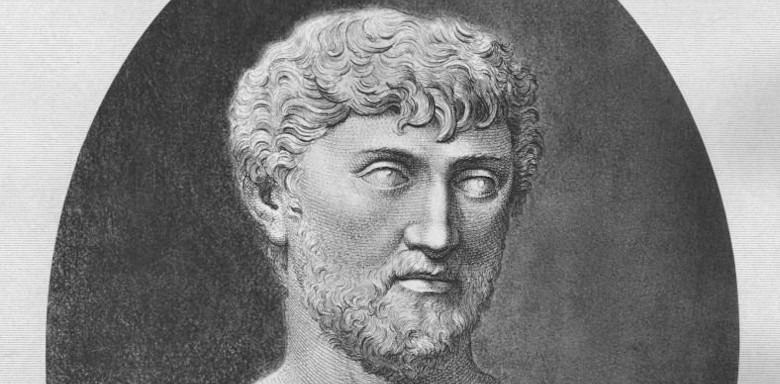This page features a selection of the best quotes on Epicureanism. All of these quotes are real and references are given after each quote. Here are the best quotes on Epicureanism in no particular order: Epicurus: When we say that pleasure is the end and aim … we mean the absence of pain in the body and of trouble in the soul. It is not an unbroken succession of drinking-bouts and of merrymaking, not sexual love, not the enjoyment of the fish and other delicacies of a luxurious table, which …
Epicureanism: A collection of articles, videos, and podcasts.
This page aims to make learning about Epicureanism as easy as possible by bringing together the best articles, podcasts, and videos from across the internet onto one page. To get started, simply choose one of the resources listed below: Encyclopedia Articles This section features articles from the Stanford Encyclopedia of Philosophy and the Internet Encyclopedia of Philosophy. The SEP is probably the most comprehensive online philosophy resource. It features in-depth articles on a huge number of philosophical topics, however, it is aimed at an academic audience and may be too …
The Five Best Books on or by Lucretius
From beginner-friendly introductions to classic works by Lucretius, this page features books to suit any learning style. It’s important to note that there is no single best book on Lucretius. The best book for you will depend heavily on your preferred learning style and the amount of time/energy you’re willing to spend reading. For example, if you tend to find classic works of philosophy difficult to understand, you might want to start with a short, beginner-friendly introduction. If you prefer more depth, you can choose a more comprehensive introduction or …
The Five Best Books on Epicureanism
From beginner-friendly introductions to classic books on Epicureanism, this page features books to suit any learning style. It’s important to note that there is no single best book on Epicureanism. The best book for you will depend heavily on your preferred learning style and the amount of time/energy you’re willing to spend reading. For example, if you tend to find classic works of philosophy difficult to understand, you might want to start with a short, beginner-friendly introduction. If you prefer more depth, you can choose a more comprehensive introduction or …
